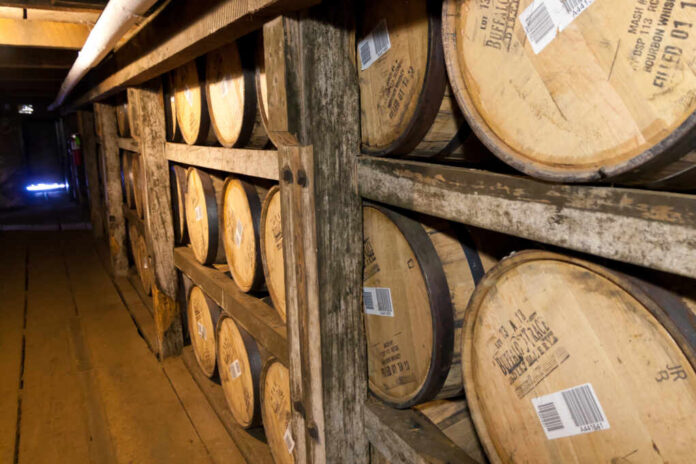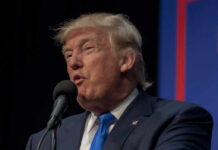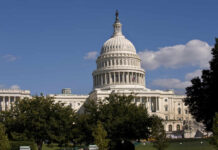
In the world of spirits, American whiskey holds a special place, with its rich history and diverse range of flavors. However, this cherished industry faces a significant threat from the European Union’s (EU) escalating war on American whiskey.
It has been five years since the EU slapped American whiskey with a 25% retaliatory tariff, turning it into collateral damage in an unrelated trade dispute during the Trump era. This move resulted in a sharp decline in U.S. whiskey exports to Europe, which had been a significant driver of the industry’s growth in not just Tennessee and Kentucky but in 28 states across the country.
European Union’s War On American Whiskey Heats Up https://t.co/AqCCXuLv93
— zerohedge (@zerohedge) October 19, 2023
Thankfully, the Biden Administration provided some relief to distillers two years ago by negotiating a temporary suspension of the tariffs. But now, as the suspension nears its end, if a new agreement is not reached by the end of October, distillers face an even grimmer prospect — the tariffs could double to 50%.
Such a steep tariff would devastate craft whiskey exporters like Dr. Sonat Birnecker Hart, founder of Koval Distillery in Chicago. After years of hard work building relationships with foreign distributors and earning a spot on European shelves, the initial tariffs were a significant setback.
Although she managed to rebound during the suspension, a 50% tariff would wipe out her profits from European sales, forcing her to make a tough decision – either raise prices and lose her competitive edge or absorb the costs and hope the tariffs are eventually removed.
The potential fallout from a 50% tariff is not limited to individual distillers like Dr. Hart. During the suspension, American whiskey exports to the EU were up 118% in the first half of 2023 compared to the same period in 2022. These impressive numbers could have been even higher without the uncertainty surrounding the tariffs.
The clock is ticking for U.S. trade representatives and their EU counterparts, who are set to meet during a European summit on October 20 to discuss the matter. They must secure the permanent removal of these tariffs to prevent further damage to the American whiskey industry.
American distillers are not just providers of a beloved beverage but also significant contributors to the U.S. economy. The number of distilleries in the U.S. has grown from 35 two decades ago to 2,600 today, reflecting the industry’s significance. Distilleries purchase grain from local farmers, support bottling and manufacturing companies, and contribute to tourism, jobs, and culture in communities nationwide.
Furthermore, American whiskey is popular in the U.S. and abroad, with Europe being the top export market for U.S. spirits. Losing out on this critical market would harm distillers and the supply chain that supports them. The tariff war also threatens the industry’s global standing. European consumers might turn to Scotch, Japanese whiskey, or spirits from other regions if prices rise due to tariffs.
It’s high time that policymakers step up and defend one of America’s most significant contributions to the global spirits market. The future of American whiskey and the jobs and economic benefits it brings depends on it.













